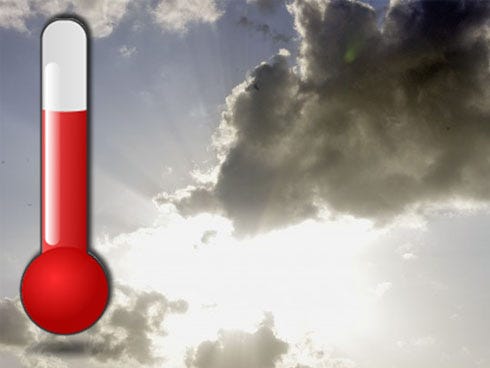
Residents should take precautions to avoid heat exhaustion, the Florida Department of Health in Okaloosa County states.
Tips:
•Dress in lightweight, light-colored, loose-fitting clothing
•Drink plenty of water; avoid alcohol and caffeinated drinks
•Eat smaller meals more often
•Reduce or eliminate strenuous activity outside or reschedule to coolest time of day
•Spend more time in air-conditioned places
•When outside, seek out shade during peak sun (between 10 a.m. and 4 p.m.)
•Use sunscreen
Signs of heat exhaustion:
•Heavy sweating
•Paleness
•Muscle cramps
•Tiredness
•Dizziness
•Headache
•Nausea or vomiting
•Fainting
•Skin — cool and moist
•Pulse rate — fast and weak
•Breathing — fast and shallow
Untreated heat exhaustion may progress to heat stroke.
If you suspect heat exhaustion, try these cooling measures:
•Drink cool, nonalcoholic beverages, as directed by your physician
•Rest in an air-conditioned environment
•Take a cool shower, bath or sponge bath
•Wear lightweight clothing
•Prevent sunburn with a 30 SPF sunscreen
Seek medical attention immediately if symptoms are severe or you have heart problems or high blood pressure, a department spokesperson states. Otherwise, help the person cool off and seek medical attention if symptoms worsen or last longer than one hour.
Heat exhaustion, a milder form of heat-related illness, can develop after exposure to high temperatures and inadequate or unbalanced replacement of fluids.
Infants and children up to 4 years old, people 65 or older, and those who are overweight, ill or on certain medications are prone to heat exhaustion.
This article originally appeared on Crestview News Bulletin: Residents, visitors urged to take precautions during extreme heat
